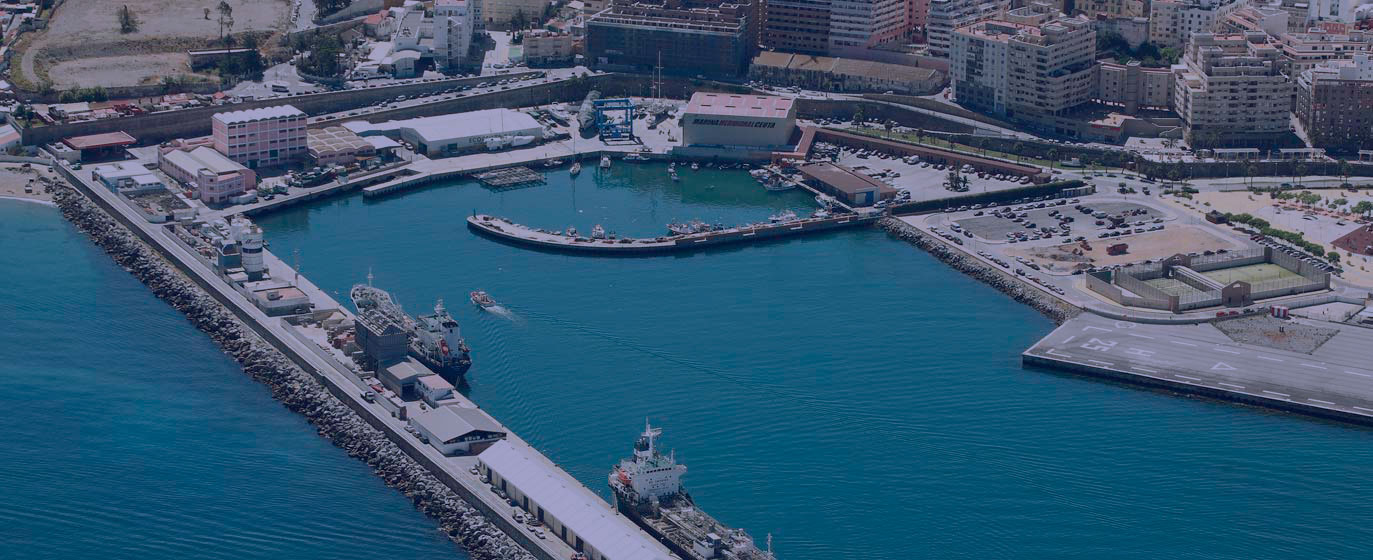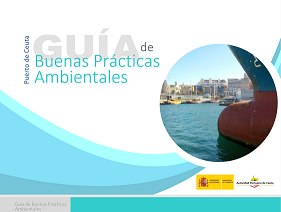EMAS
EMAS Environmental Statement
Since 2006, the Port Authority has a certified environmental management system based on the UNE-EN ISO 14001: 2004 standard, which is fully operational in General Services, as defined in the regulatory framework of the port system. The services are the following:
- Service of management, coordination and control of port traffic, both maritime and land.
- Service of coordination and control of operations to port, commercial and other activities.
- Signaling services and other navigation aids that serve as approach and access of the ship to the port, as well as interior beaconing.
- Police service in common areas, without prejudice to the powers that correspond to other administrations.
- Lighting service of common areas.
- Regular cleaning service for common areas of land and water.
- Emergency prevention and control services, in the terms established by civil protection regulations.
- Public domain management.
On the basis of this system, the Port Authority of Ceuta began in April 2018 the implementation phase for its registration in the Community Environmental Management and Audit System (EMAS), regulated by Regulation (EC) No. 1221/2009.
WATER QUALITY

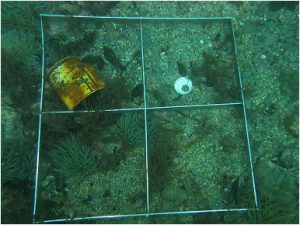
In the sustainable development of port areas in terms of the protection and improvement of the water environment, Puertos del Estado considered it convenient to develop in 2005, within its Maritime Works Recommendations Program (ROM) and under the name of “ROM 5.1. Quality of Coastal Waters in Port Areas”, a first methodological and technical tool for the integral management of port water organizations, with direct impact both for the design, evaluation and environmental monitoring of infrastructure works and for Port activities and operations, without which it is very difficult to face these aspects.
Since April 2014, the Port Authority has been preparing reports in accordance with ROM 5.1. and the annual reports in which the following aspects are collected:
- Methods and procedures for the delimitation of uses and typification of port waters.
- Port’s water quality indicators system.
- Environmental risk assessment program in port waters. Program of preventive and corrective measures.
- Systematic measurement and environmental monitoring of water quality.
- Practical improvements for the environmental management of port waters.
AIR QUALITY

Since March 19, 2014, the Port Authority has signed an Agreement with the Autonomous City for air quality monitoring.
On the basis of the aforementioned Agreement, in December 2018, an Environmental Quality Control and Surveillance Station, as well as an another mobile as well as the forecast, for a future SOx analyzer has been set up on the España dock.
On the other hand, the safe handling of hydrocarbons that may contain hydrogen sulfide is an important issue for the industry. Therefore, the ISO 8217: 2017 has been revised and has specified a maximum limit of H2S content for marine fuel in the liquid fuel of 2.00 mg H2S / kg fuel (2.00 ppm).
Besides, the Port Authority is working on the normal application of reducing the content of hydrogen sulfide in fuels.
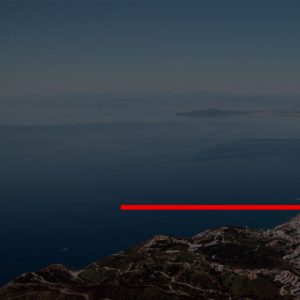 Sustainability reports
Sustainability reports
PERS
The Port Environmental Review System (PERS) not only incorporates the main general requirements of recognized environmental management standards (for example, ISO 14001), but also takes into account the port specifications. The PERS is based on the policy recommendations of the European Organization of Marine Ports (ESPO) and gives the ports clear objectives to achieve. Its implementation is independently reviewed by Lloyd’s Register.
The PERS certification is the only environmental management standard specific to the port sector. It is the most important product of the EcoPorts network and is offered as part of ESPO services to its members through the EcoPorts website.
EcoPorts is the main environmental initiative of the European port sector. It was initiated by a series of proactive ports in 1997 and has been fully integrated into ESPO in 2011. The general principle of EcoPorts is to raise awareness about environmental protection through cooperation among ports and improvement of the environmental management.
Since last April 2018, the Port Authority of Ceuta has been working on the implementation of the PERS standard and is currently in its implementation phase.
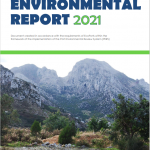 The Port Authority of Ceuta obtained its first PERS certification in January 2019, renewed the certification in 2021 and it has the firm objective to re-certify before the end of the validity period in October 2022.
The Port Authority of Ceuta obtained its first PERS certification in January 2019, renewed the certification in 2021 and it has the firm objective to re-certify before the end of the validity period in October 2022.
With the aim of publicizing the environmental management performance indicators and the various actions carried out by the Port Authority of Ceuta and following the aim to achieve environmentally sustainable development, it is published the 2021 environmental report.
ENVIRONMENTAL GOOD PRACTICES GUIDE
The purpose of this Guide is to provide environmental guidelines so that Port users integrate preventive and respectful behaviours towards the environment during their activity, thereby reducing the environmental impact associated with port activities.
The “Environmental Good Practices Guide” of the Port of Ceuta is addressed to entities (public or private), which provide services or develop their activity in the area which belongs to the Port of Ceuta.
In order to facilitate its divulgation, it has been structured in the form of separate files for each sector of activity. The sectors of activity with greater representation in the Port of Ceuta and with greater relevance from the environmental point of view are considered.

